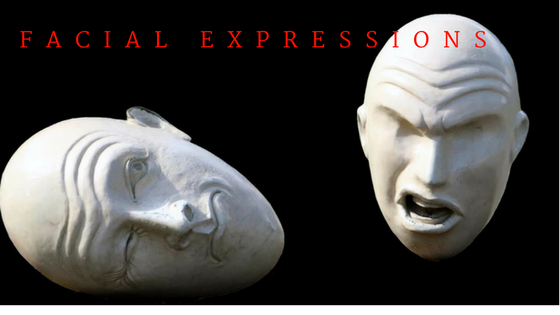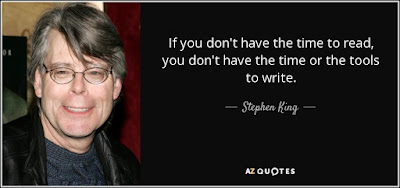NaNoWrimo (a month-long writing project aimed at getting participants to write 50,000 words) is starting in just 2 days and though I'm not participating this year, I know several writers who are.
Make no mistake, this is like an all out Write-a-thon! To meet such aggressive goals one really needs to write almost every day, so let's look at some ways to get those writing juices flowing
Before you even get started try and clear your mind of all distractions. That means putting whatever issues or concerns out of your mind. The only thing you should be thinking about at this point is WRITING!
Some people like to get cosy with a laptop on the couch or on the bed. Others prefer the more rigid setting of being at a desk. I've written in several places before: on my bed, sofa, window seat, coffee shop, in the swim room during my kids' swimming lessons. It's wherever you most feel comfortable or sometimes it just comes down to wherever you can get the work done. Choose the one that's less distracting and will make you focus more.

















